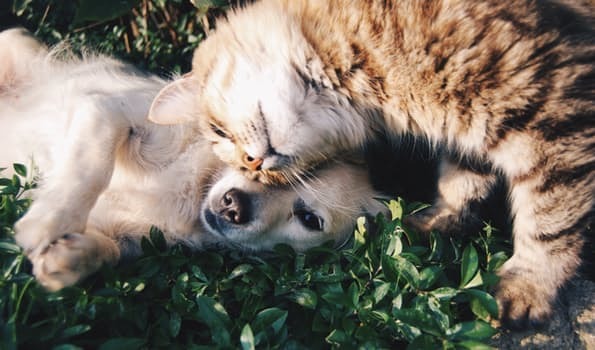Kindness is an important concept to understand. We are programmed to be kind to one another, even though sometimes it seems that the world has lost this instinct. You can train yourself to be kinder, and as a result, you may also be happier, healthier, and find more meaning in your life.

Kindness makes us physically feel better
When we are kind, when we reach out and give to others, we feel more connected. This act of connecting actually releases all kinds of things in the body that make us physically feel good. We get a release of something called oxytocin, which is associated with warmth, love, and bonding. We get little releases of endorphins and dopamine as well, which are part of our brain’s natural reward systems. The result is a little something called the “helper’s high” and it feels pretty good.
Kindness is a natural stress reliever
All of those feel-good chemicals that get released are like an antidote to stress. Our bodies respond to stress by keying up and tensing up, and chronic stress can have extreme and detrimental effects on health and well-being. By contrast, the substances released in our bodies when we feel connected and warm toward others act as an interruption to the stress response, allowing us to calm and relax.
Kindness may help you live longer
Studies have shown that among seniors, those who volunteered regularly lived longer than those who did not. Volunteering also contributed to increased feelings of life satisfaction. While formalized volunteering for an organization can contribute to these gains, so can just helping out your neighbors and friends, and providing small bits of support to those around you. Shoveling a neighbor’s walk, rescuing their recycling bin when it blows into your yard, or taking food to someone who is cold, hurting, or healing, can all be ways to boost your health benefits and increase sense of well-being and community.
Kindness is validating!
We all want to believe that we are good people, and that we contribute well to our communities. Acts of kindness and giving, even small gestures, validate these lovely parts of ourselves. What better way to feel like a kind and loving person than through small little actions that put more good out into the world.
Kindness is contagious
You’ve probably experienced this yourself. It works in a couple of different ways. For one, when we witness acts of kindness, we often are more likely to pay it forward through our own gestures. The Starbucks drive-up can be a good example; around the holidays, we often hear stories of a chain of drivers, each paying for the person behind them. For another, studies actually show that those who witness acts of kindness and giving actually get releases of the same feel-good stuff as those who are engaged in the action.
For a video-clip of Dr. Burke discussing on how helping others, help you on the local television station, please click here.
![]()
